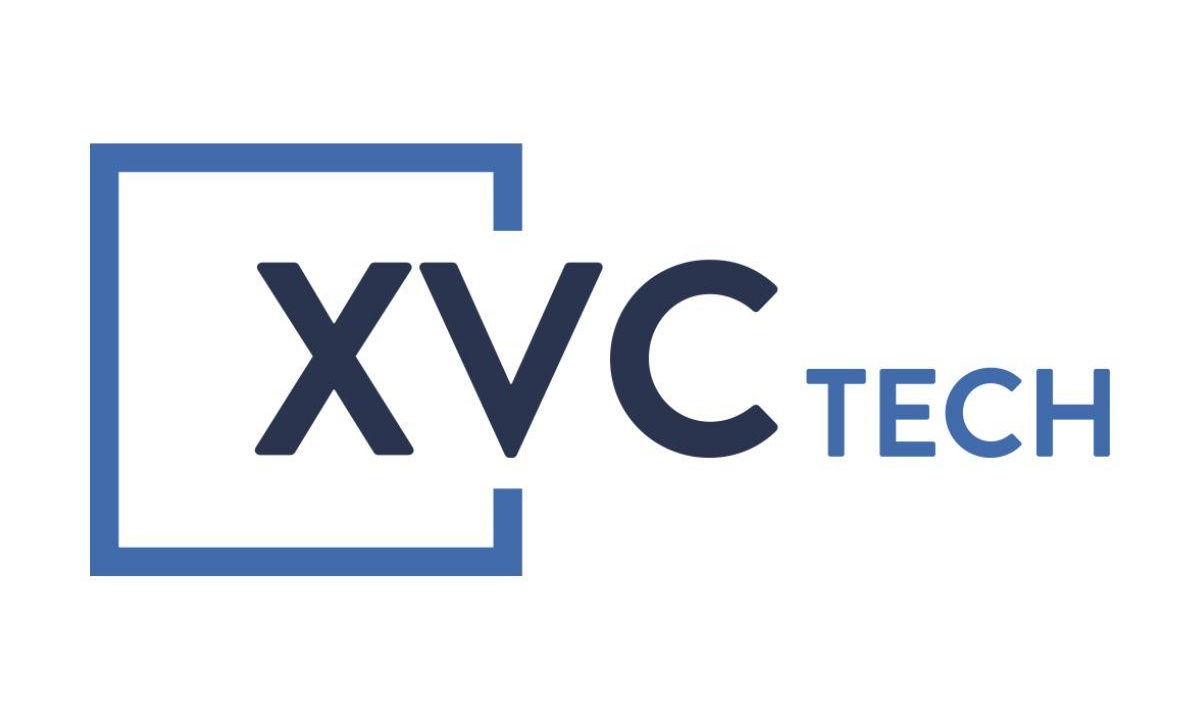Table of Contents
KILT Protocol, an open-source blockchain protocol that enables anyone to issue verifiable, anonymous, and self-sovereign Web3 credentials, announced its transition into a fully decentralized network on November 10, 2021.
Following the announcement, BOTLabs GmbH, the company behind KILT, has officially handed over the network’s decision-making rights to its community members. The KILT development team removed the Sudo (superuser) key following the successful audit of the protocol and all its features, enabling the community to take control.
Led by Ingo Rübe, CEO of KILT Protocol, the KILT team has invested over three years in developing the KILT infrastructure, adding functions like staking, governance, and a treasury to fund projects that support the KILT ecosystem selected through community voting. As part of this transition, the BOTLabs team will publish a series of how-to guides and use cases to help the community members become active contributors in the ecosystem, including detailed guides on voting and staking.
The Vision Behind KILT’s Transition
Centralization has taken over the current technological infrastructure. While the original whitepaper for the “internet” focused on the idea of a peer-to-peer network, the current iteration of the internet is antithetical to what the whitepaper’s authors had envisioned.
The rise of blockchain technology and the advent of Web3, the new era of a decentralized internet, has created several ways to obliterate centralized control over technology, giving power back to consumers who use products and services rather than those building them (and profiting from it).
In a recent explainer video, KILT CEO Ingo Rübe underlined the need for decentralization and how the future of cryptocurrencies hinges on this very aspect. He stresses, “Decentralization matters because of the fundamental difference between truth and trust. It gives the power back to the people who actually work with the system, and not those who develop the system.”
Since its launch in 2018, the BOTLabs GmbH team has indicated their leaning towards decentralization. The development phase and rollouts were purposefully designed to gradually hand everything over to the community.
The KILT team chose Parity Substrate to build their own blockchain instead of using any existing blockchain to ensure complete control over it. Then the team started adding network participants to build the overall security infrastructure of the network. Subsequently, the team added all the necessary features and successfully audited the platform. At last, when everything was in order, they removed the Sudo key to transfer the control over to the community.
Following this transition, KILT will run on a sophisticated on-chain governance mechanism wherein every KILT token owner is also the owner of the protocol itself. Any token holder can propose a change or update and vote on proposals submitted by other community members. Accepted proposals will be directly incorporated to better the platform when voted in favor by the community.
On-Chain Governance Is Critical For The Growth Of Crypto
Legacy networks like Bitcoin and Ethereum don’t offer much scalability. Hence, upgrading the core infrastructure becomes complicated, leading to forks (where a network splits in two). However, Substrate-based chains like the one KILT Protocol uses offer enormous upgrade capabilities which can be applied to change any existing parameters without the need for forks.
This feat is accomplished via on-chain governance. With this type of governance, rules for adding new changes are pre-coded into the blockchain protocol. Each community member who holds the platform’s native token has voting rights. Furthermore, every member has the right to add new proposals and vote on proposals submitted by other community members. It’s just like democracy, where every vote matters.
Since there is no centralized authority, on-chain governance is the most transparent and fair way to achieve consensus for adding new changes on the platform. For instance, any user who holds KILT tokens can add a new proposal saying they want to add one more member to the existing team of collators. Once submitted, the rest of the community members will vote. If mutual consensus is reached, the proposal will be implemented, and a new member will be added - all of it without anyone in between, fully managed by autonomous smart contracts.
On-chain governance matters the most in blockchain technology, especially for platforms like KILT that give over full control to the community. It creates a fair, transparent, and inclusive opportunity for all, regardless of ethnicity, financial status, gender, or cultural background.
On the successful transition to a fully decentralized ecosystem, Ingo Rübe, CEO of KILT Protocol, concludes, “There’s no single entity now anymore who either controls the truth, which is the security part; or controls the production of the blocks, which is in our case the collators; or controls the fate of the system. Because this is democracy. And this is how you totally decentralize the system.”
Disclaimer: This article is provided for informational purposes only. It is not offered or intended to be used as legal, tax, investment, financial, or other advice.
Investment Disclaimer













